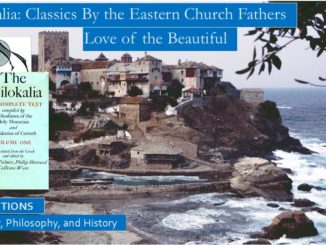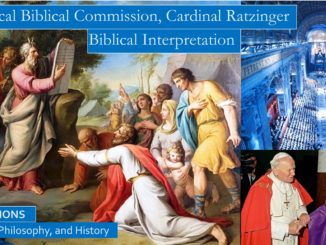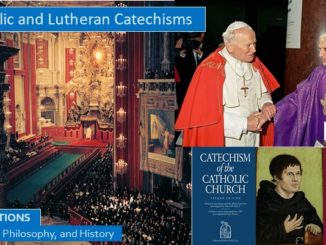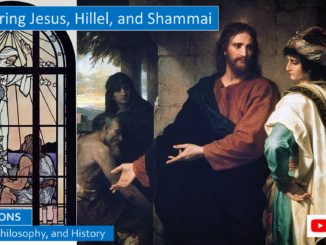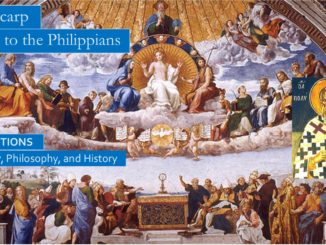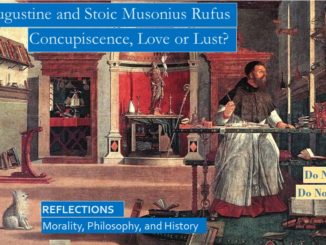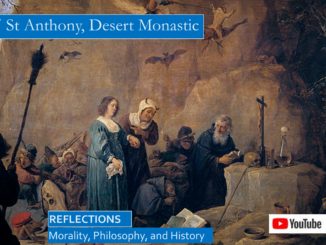
Life of St Anthony, Blog 1, Sell all you have and give to the poor
One day St Anthony went into church as this Gospel verse was being read:
Jesus said, “If you wish to be perfect, go, sell your possessions, and give the money to the poor, and you will have treasure in heaven; then come, follow me.”
Anthony perceived that this verse was directed at him, so he IMMEDIATELY gave the family land, his inheritance, and his other possessions to the poor, leaving some money for his younger sister.
Anthony was able to do this because his parents had departed. His younger sister was put in a convent to be raised, and we can surmise the convent was where she wanted to go, because if this was not the best place for her Anthony would have taken another path. No degree on saintliness on his part would have been worth the price of her unhappiness and her soul.
Immediately is a word you see quite often in the first Gospel of Mark. When should you repent and live a godly life? When should you start caring for your neighbor? When should you follow the way of the Lord? IMMEDIATELY. […]

